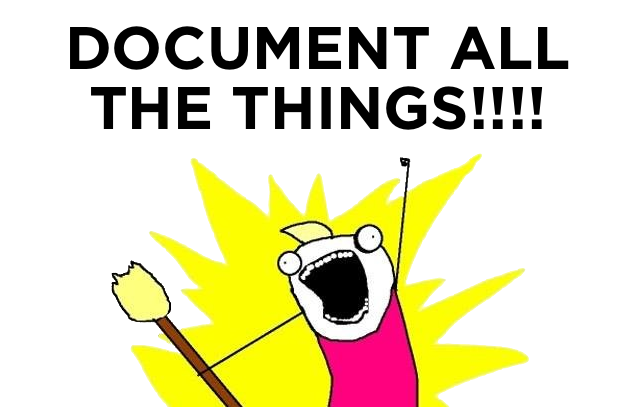
I am currently involved in a project where a phase regarding documentation and communication of the project’s achievements is just starting up.
The group I am part of are having some very interesting discussions about what kind of knowledge and experiences to focus on, document and communicate to a wider audience.
We all agree on that it important to show off the things that work, that can inspire others to change their methods regarding teaching, planning and an organisation. Where the group is more in disagreement is when it comes to the things that didn’t work, the aspects of the various parts the projects that wasn’t living up to it’s intentions.
I am one of the people in the group that maintain that we have to focus on the not-so-successful. Mainly because those things are just as much knowledge that needs to be shared. Not only so others doesn’t make the same mistakes, but also so they and evaluate what went wrong, change things/aspects and perhaps try one more time to see if it might work.
Another reason, for me, to focus on the things that didn’t work is that the novel, the unexpected always comes from the new and unknown areas that we doesn’t visit very often. And most people shy away from things that in their experience doesn’t work, but seldom put enough time and effort into evaluating why they didn’t work, what aspects of it that didn’t work and how they might change that.
And that brings me to Serres:
“Creation invents new by recounting today what it didn’t know yesterday – my vocation consists of writing and saying not what I know, boring, dead, and past, more than perfect, pluperperfect, but, on the contrary, what I don’t know and will astonish me (…) toward the unforeseen of the artist, the unexpected and, strictly, the improbable.” (Michel Serres, The Troubadour of Knowledge, p. 103-104).
Our successes are, in my line of thought in this post, “boring, dead, past, more than perfect…”. Instead we need to travel new places, immerse ourselves in new experiences.
And why shouldn’t some of those not be our failures?